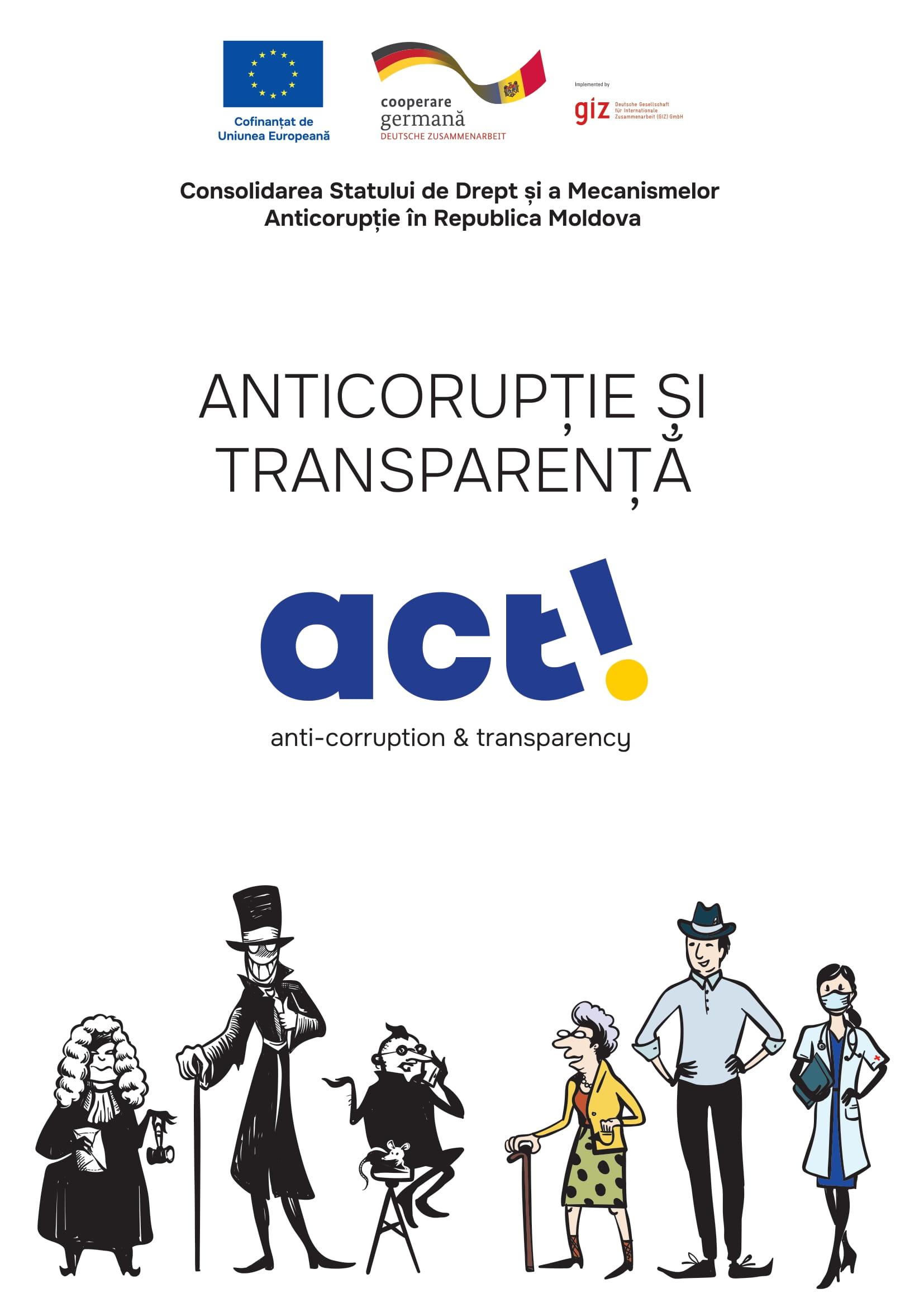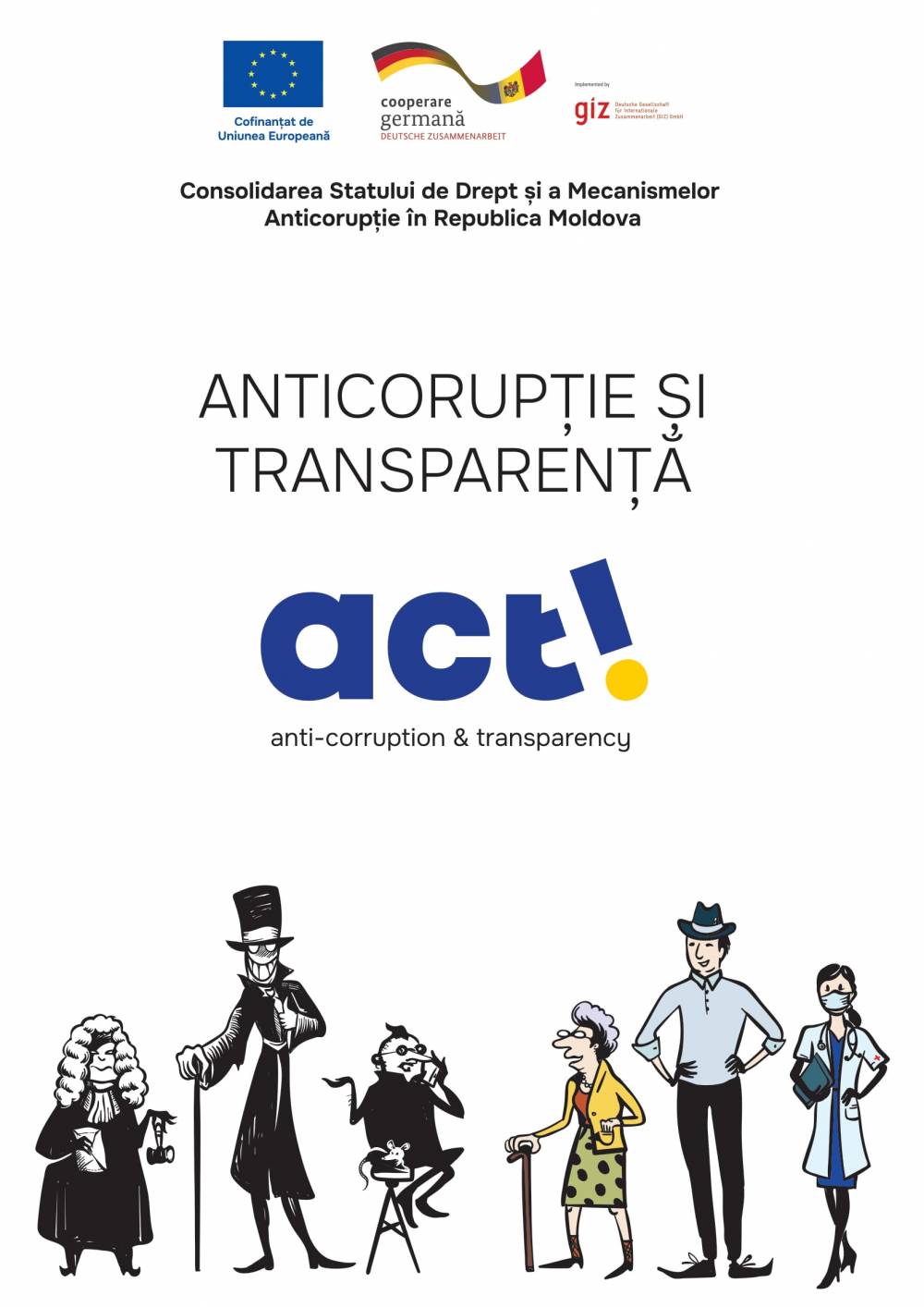Strengthening the Rule of Law and Anti-Corruption Mechanisms in the Republic of Moldova
The Republic of Moldova faces several systemic problems that are slowing down the implementation of key reforms in the justice field. These problems relate to the inefficient fight against corruption (at a high level) and the lack of independence and impartiality of judges and prosecutors, as well as the politicisation of most public institutions.
To address these challenges, the Government of Moldova (GoM) has initiated several reforms. Nevertheless, corruption at all levels remains widely spread. In sectors like education or health, cases of corruption are perceived as frequent by Moldovan citizens, including in kindergardens, schools, and hospitals. Local public authorities (LPAs) often lack the capacities and political will to ensure transparency and accountability in their decision-making processes.
At the same time, civil society appears to be weak to fulfil its function as “watchdogs”, monitoring the government´s activities, holding them accountable, and participating in decision-making processes. This is especially the case in rural areas outside the capital.
The deficiencies in enforcing the legislation on transparency in decision-making and defective institutional practices at the central and local levels hamper the participation of civil society in decision-making processes and prevent them from playing a much more active role in the fight against corruption in the Republic of Moldova.
This project hence focuses among others on the support of civil society, including grass-roots organizations, and the encouragement of state-citizen cooperation in anti-corruption efforts.
The project is commissioned by the German Federal Ministry for Economic Cooperation and Development (BMZ), and co-funded by European Union (EU).
Find out more about the Project objectives here.





